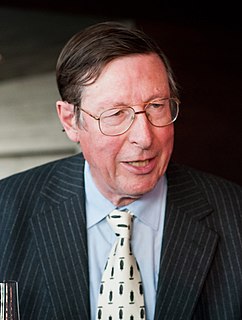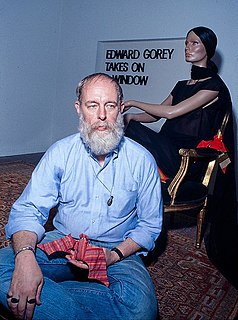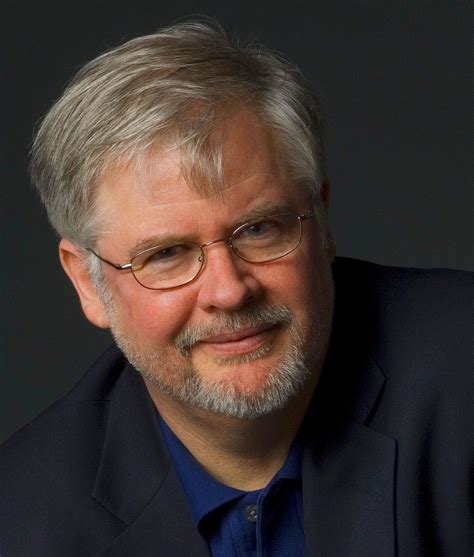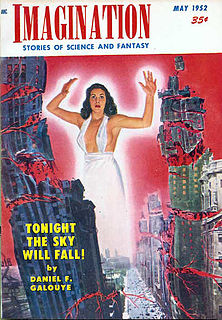A Quote by Chinua Achebe
It is not quite true to say that I am not an advocate of writing in African languages. What I think is, one has to think about what is practicable.
Related Quotes
Writing in African languages became a topic of discussion in conferences, in schools, in classrooms; the issue is always being raised - so it's no longer "in the closet," as it were. It's part of the discussion going on about the future of African literature. The same questions are there in Native American languages, they're there in native Canadian languages, they're there is some marginalized European languages, like say, Irish. So what I thought was just an African problem or issue is actually a global phenomenon about relationships of power between languages and cultures.
I'm not an advocate of true rhymes, I don't think. I think that everyone who writes musical theater needs to know how to do true rhymes, because that's the tradition of it, but I do think that in order for the art form to grow, it's important to not let tradition get in the way of innovation. There's all kinds of reasons not to use true rhyme in a lyric, like with off-color humor.
But I think writing should be a bit of a struggle. We're not writing things that are going to change the world in big ways. We're writing things that might make people think about people a little bit, but we're not that important. I think a lot of writers think we are incredibly important. I don't feel like that about my fiction. I feel like it's quite a selfish thing at heart. I want to tell a story. I want someone to listen to me. And I love that, but I don't think I deserve the moon on a stick because I do that.
I am honored to have Ajamu Baraka as a running mate. I think he brings enormous credibility in the disenfranchised communities, not just African American but Latino, Asian American and Native American. He is a recognized advocate for racial justice, economic justice and human rights, and I think this conversation is only just begun. It is very important.
The first several scenes are about sexual addiction. They're not specifically political at all... I didn't sit down and think, ''I am going to write something about the religious right.'' I started out by writing something about sexual addiction, and it evolved... I don't look at a calendar and say: ''Oh! There's going to be an election in 1996. I think now, in 1993, I'll start writing a play that'll be ready for it.''






































